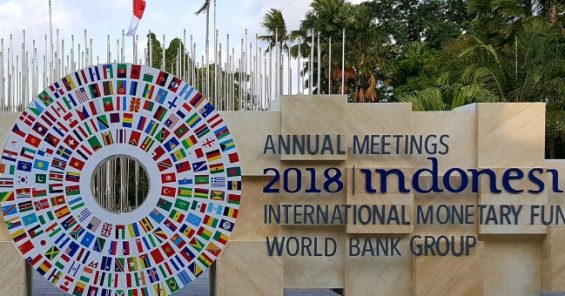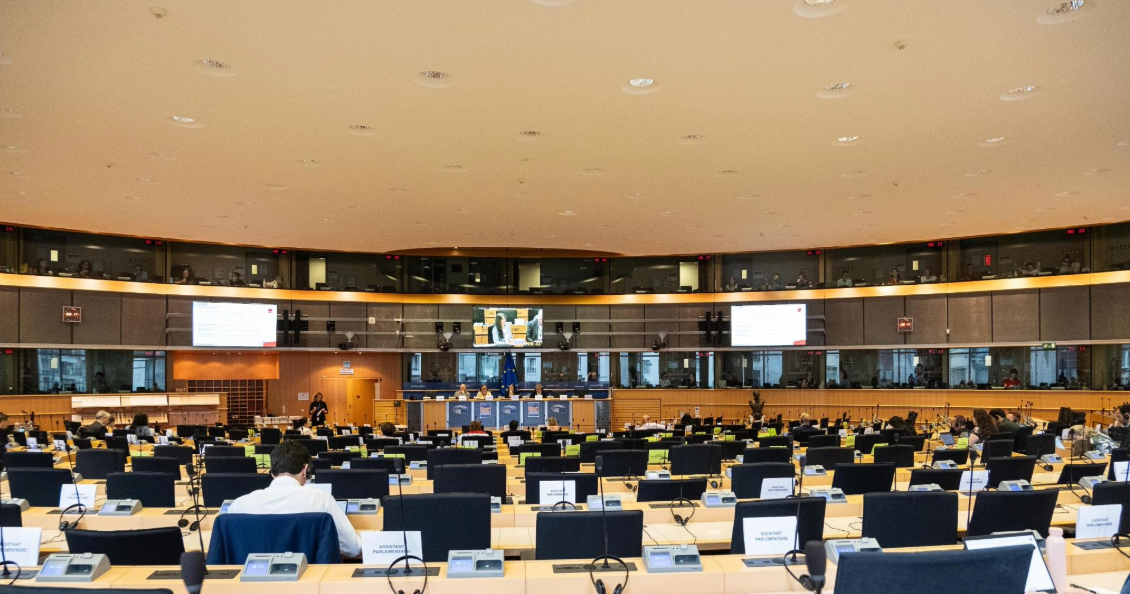Statistics loaded new productivity measuring indicator; Human Capital Index was introduced by the World Bank during its annual meeting just concluded in Bali, Indonesia. The World Bank expects that its new index will lead investors to put pressure on policymakers to improve their countries’ performance in health and education.

The Global Union Federations and ITUC jointly organized a discussion at the Civil Society Policy Forum at the WBG/IMF annual meeting events to highlight the flaws in the Banks World Development Report 2019 (WDR) widening the scope for decent work deficiencies and inequality on the 10th October 2018.
PSI and ITUC initiated the dialogue at the Civil Society Forum inviting speakers from BWI, Oxfam and the World Bank. Michal Rutkowski, Senior Director, Head of Global Practice Social Protection and Jobs argued that the WDR2019 focuses on the needs of the most vulnerable, such as and that women working in the informal sector, platform workers, self- employed and other casual workers where the Decent Work agenda is not relevant. He opined that the term Decent Work is ‘moralistic’ and that regards the Decent Work agenda as is too unrealistic for the groups of non-standard workers.
The global unions argued otherwise; insisting that the Decent Work Agenda is an internationally accepted convention for social progress. The casual disregard for international standards is shocking and unprecedented if institutions made up of governments argued for -the abolition of the human rights framework for half the world because it was too hard or unrealistic.
Kate Lappin, PSI Regional Secretary for Asia & Pacific, shared her experiences organizing the Pakistan Community Health Workers who formed a union and through collective action enabled them to elevate to formal from precarious work in the informal sector with a guaranteed minimum wage. Kate argued that the fundamental rights at work need to be respected irrespective of the type of employment.
Edward Miller, BWI Regional Campaigns Officer shared about the longstanding struggle for union recognition in Sabah Timber Industry, East Malaysia, in which IFC the private sector lending agency of the World Bank Group has taken an equity share of US$ 100 million which is at risk in spite of gross violation of the right to Freedom of Association, brought to the notice of IFC.
Max Lawson from Oxfam stressed the need to end the 19th-century labour exploitation that leads disproportional returns to workers and the capital driving down the aggregate demand in the economy.
Interactive dialogue followed the panel discussion with a number of questions from the floor. Civil Society Policy Forum session was organized on the theme “The Future of Work and World Bank” and moderated by Jayasri Priyalal Regional Director for Finance Sector UNI Global Union Asia & Pacific Regional Organization.
Refer to the related file below for the statement released by the Global Unions for annual meetings of WBG/IMF held in Bali, Indonesia 12-14 October 2018



